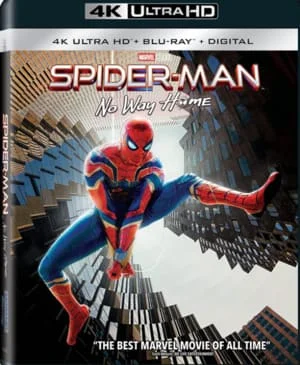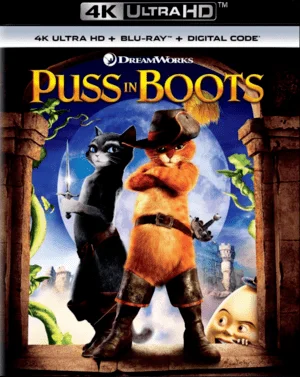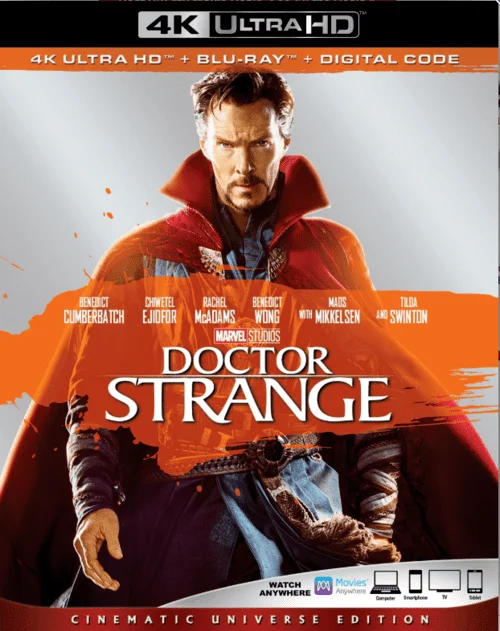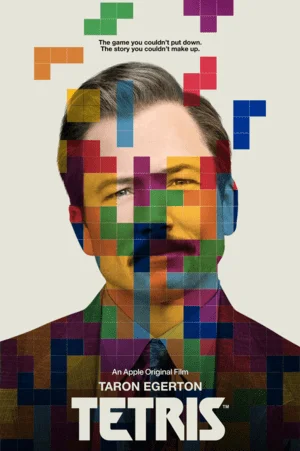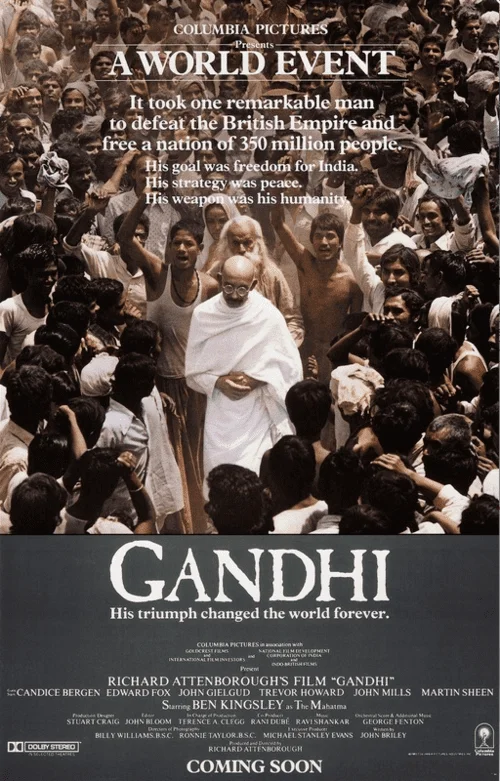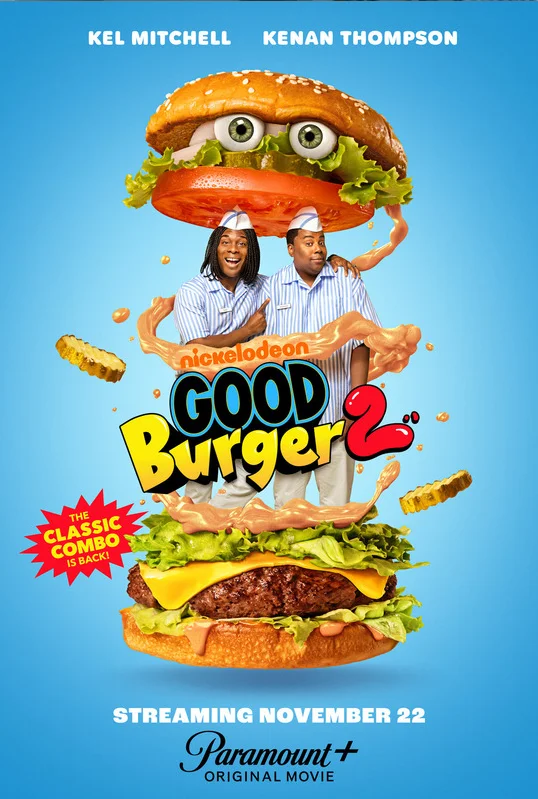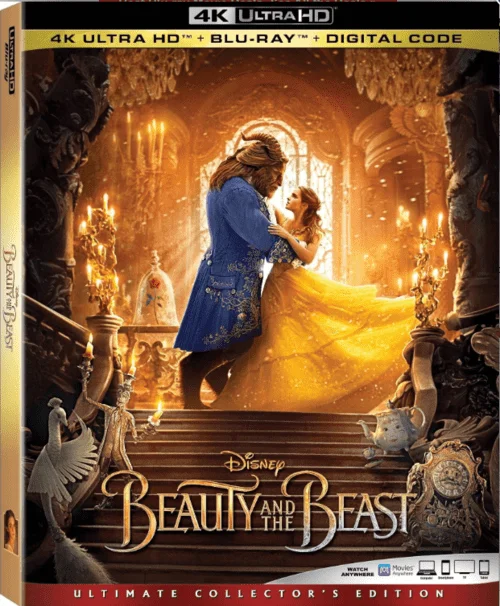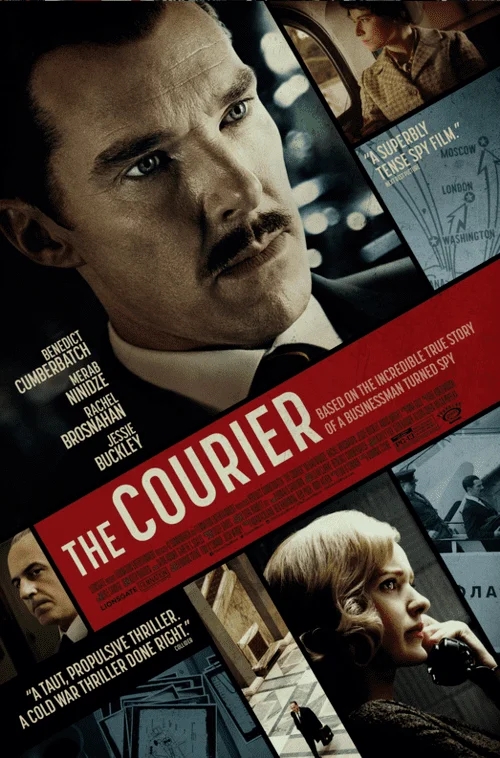
The Courier 4K 2020 Ultra HD 2160p
Cast: Benedict Cumberbatch, Merab Ninidze, Rachel Brosnahan, Vladimir Chuprikov, James Schofield, Fred Haig, Emma Penzina, Mariya Mironova, Anton Lesser, Angus Wright, David Bark-Jones, Miles Richardson, Keir Hills, Jessie Buckley, Kirill Pirogov, Petr Klimes, Benny Maslov, Harry Carr.

This is the story of how, during the Cold War, an influential British businessman and spy Greville Wynn collaborated with a Soviet informant Oleg Penkovsky. Together they wanted to end the Cuban missile crisis.
The Courier 4K Review
By all its primary features, "The Courier" is an Oscar-format movie: at the heart of the story of real espionage, presented as a heroic risk in the name of world peace, the muted aesthetics of the 60s: beautiful hairstyles and patent leather boots, Benedict Cumberbatch and his physically exhausting metamorphoses in in preparation for the role, monumental texture in the frame (the monuments of Lenin resemble the decoration of the Ministry of Magic from the film adaptations of the J.K. Rowling saga). But all this turns out to be a clever deception and something like a careful staging: behind the gadgets of intelligence, miniature Minox cameras, surveillance and stifled whispers in the corners, there is a story much more sentimental and melodramatic, which will certainly upset fans of John Le Carré's novels and connoisseurs of history. Cold War, but may please the rest of the audience.
Early 60s: GRU Colonel Oleg Penkovsky (Merab Ninidze), through American tourists, contacts the US Consul to transmit the most important intelligence information, of course, under the heading "secret". Subsequently, the CIA, represented by Alison Donovan (Rachel Brosnahan is still in the era, and Donovan is the name of the negotiating lawyer who participated in the exchange of Gary Powers and Rudolph Abel, he was played by Tom Hanks in Spielberg's "Spy Bridge") and Dickie France (Angus Wright) representing MI6, find a convenient courier for shuttle transportation of classified information from the USSR to Great Britain - the merchant Greville Wynn (mustachioed Benedict Cumberbatch), who, on duty, will have to cross with Penkovsky in Moscow. Both are led not by greed or the prospect of arranging the rest of their lives, but by the idyllic desire to stop the war and the insane nuclear arms race (the Cuban missile crisis will come tomorrow). In the reading of director Dominic Cook and screenwriter Tom O'Connor, Cumberbatch's character becomes a kind of Hitchcockian hero inevitably: a random person, trapped in the grip of circumstances, forced to become a tiny gear in the colossus of a global mechanism, floundering on the brink of disaster.
One should not expect a scrupulous following of history or documentary infallibility from the film, Penkovsky's personality has not yet been definitively diagnosed: on the one hand, a demonstrative all-Union bashing, a transcript of a court published in a huge circulation, a traitor's stigma and a worldwide resonance. On the other hand, there is a conspiracy theory about double agents: Penkovsky did not betray anything important to spies, but only led them by the nose, intelligence and demonstrated by his example what happens to spies who fell into the hands of the KGB, and Oleg himself was sent to retire under a different name. to live out their days by the sea, either to the Baltic States, or to Finland. Finally, the third version of events, chosen by the creators of the picture, is categorically heroic and idealistic: the transfer of information and cooperation between Penkovsky and Wynn contributed to the de-escalation of the conflict, Kennedy removed the missiles from Turkey, Khrushchev - from Cuba, and the situation stabilized. Of course, for the uncompromising effectiveness of this interpretation of events on the screen, some facts are slightly altered, others are completely omitted, and still others are highlighted in the right angle, but the picture does not encourage digging through the archives to find inconsistencies.
Even in the first third of the "The Courier" it becomes clear that the point is not at all about politics and secret agents: while the unfortunate "Supernova" after the act of self-censorship of distributors is ironically called a drama about strong male friendship, "The Courier" are such and are without a shadow of sarcasm. Penkovsky and Wynne are as different as they are, and are so similar to each other - the border between them turns into a dull mirror. During mutual visits, they not only skillfully hand over envelopes and parcels, but also go to the ballet together (in Moscow, of course), get to know families and, in general, become real friends, imbued with each other not only with bottomless sympathy, but and absolute understanding. Watching the drama about their relationship, about the secrets that they have to hide from their children and wives, and those who are starting to give up their nerves are no less (or maybe more) interesting than watching the clever trick of the next thriller with 50 shades of the Iron Curtain.
But, one way or another, the film still lacks soul-saving pathos and touching patriotism, so characteristic of even not the strongest pictures of Steven Spielberg: probably, with his unconditional love for little people in big trouble (remember at least the aforementioned "Spy Bridge") "The Courier" could become an aortic rupture drama about tiny destinies in the millstones of a harsh, meaningless system. But the film remains a restrainedly sentimental melodrama, quite curious and sympathetic, in which there are extremely few cranberries exploited by the genre: perhaps the demonization of grandmothers-watchmen (every second intelligence officer in the Soviets, a known case), jokes about the decaying West, and the National Hotel, which became the hotel "Vitaliy". Politicians, the CIA and MI6, no matter how little people curse them, still remain "clean", Benedict Cumberbatch is incredibly fit with trousers with suspenders, actor Kirill Pirogov brilliantly plays a ruthless security officer, Ninidze - a spy colonel with iron restraint (and there are a lot of our other compatriots on the screen: Khrushchev - Vladimir Chuprikov, Penkovsky's wife - Maria Mironova), Jesse Buckley is again a heartfelt faithful wife, and Brosnahan pleases with any of his presence - all this entourage and faces very well exist in the microcosm of the picture, but they do not at all strive go beyond the frame, fenced off from reality with a cinematic curtain.
File size: 12 GB
Trailer The Courier 4K 2020 Ultra HD 2160p
Latest added movies
Comments on the movie
Add a comment
 like
like do not like
do not like